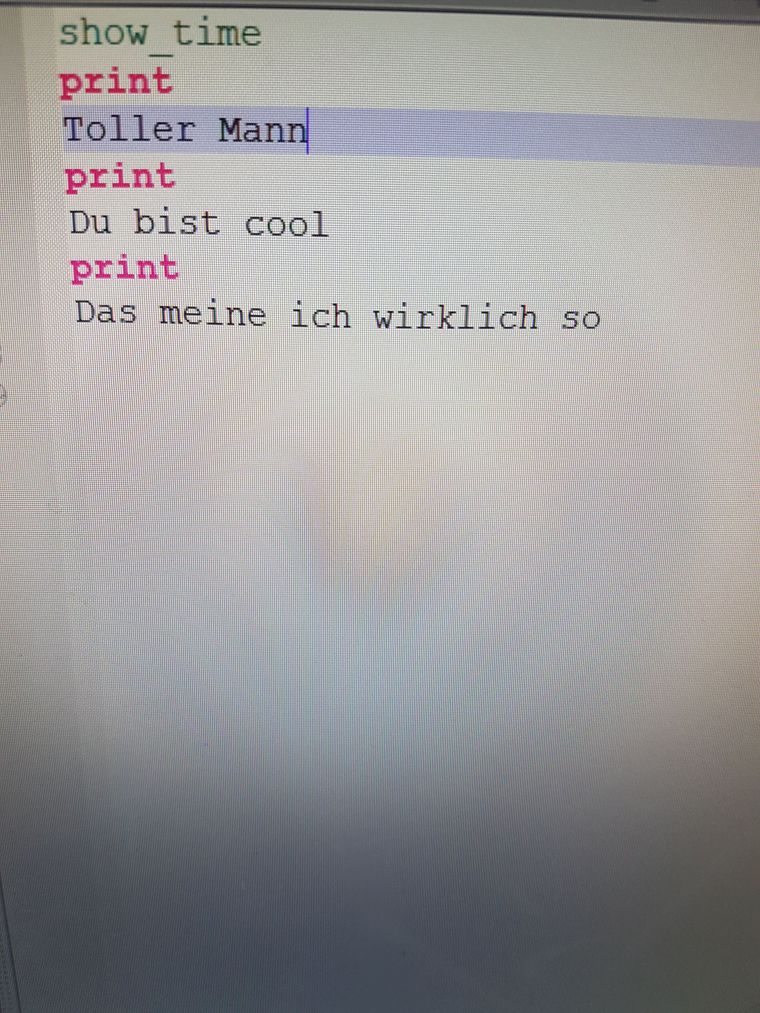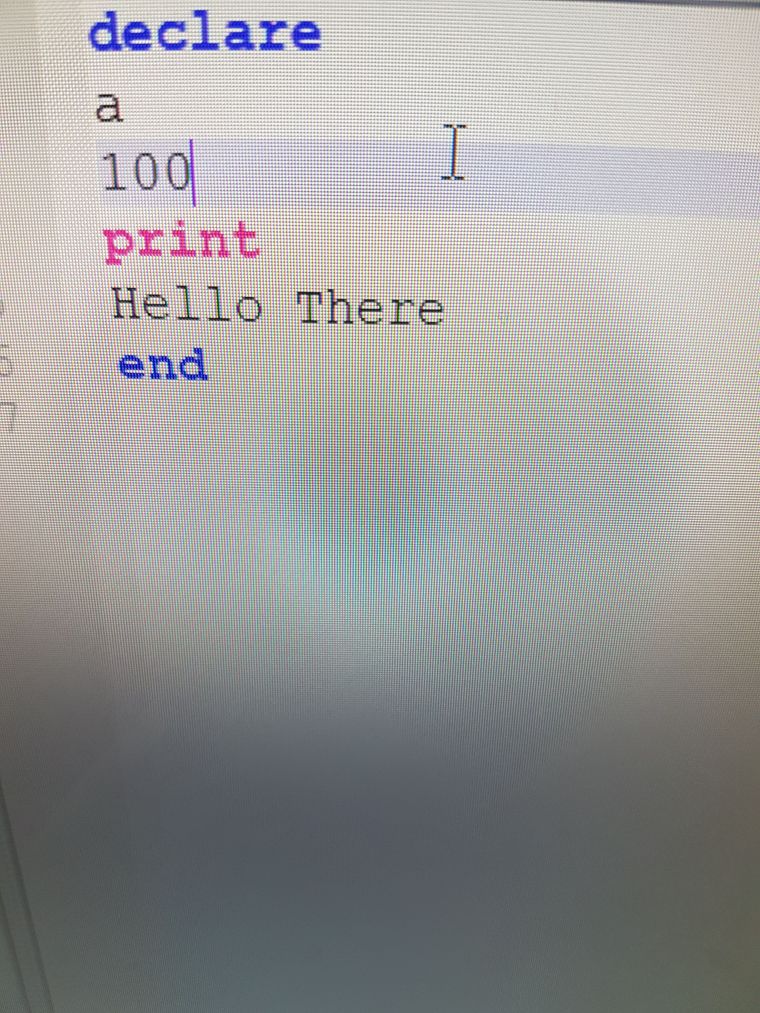The first look of the interpretor
-
@LucasJG25 I mean you can go trough the code and then decide what to do without building an vm over it. Because a vm takes runtime. As i said with every abstraction layer you take away runtime
-
@LucasJG25 how do you built the lexer ?
-
The lexer only has a couple of functions. Scan the source code, check each character char by char, combine characters to form keywords that it recognizes and if it encounters a character it does not recognize throw an error, the lexer also needs to look ahead without consuming the character or moving the scanner. Then spit out tokens which can be keywords or terminals (single characters).
I have a small Recursive Descent Parser that I recently made in FUZE4 where I used a lexer to scan a string containing math expressions such as "4+5-2+5"
Here's the program: NXVWBDND9KHopefully this helps. And if you want more info. I'd suggest looking up BNF (Backus Naur Form), I use this for parsing and creating a Recursive Descent Parser, also check out crafting interpreters which can be found on google.
-
@LucasJG25 how do you deal with saving variables do you make them in 2 arrays
One is name
And one is valueAnd the postion is equal
-
Well, my method wouldn't really be of any use since I'm focusing on a vm implementation. You see if I were to make a Python interpreter I'd compile it to my vm's assembly code. So for example
Python:
var = 1My assembly code:
var:
.word #0x1main:
LDA (var)So that's how I would do it in my case. This delves into code generation which is the last step of a compiler.
-
Thats interesting
-
@LucasJG25 thanks I am trying to understand your code I downloaded your program
-
@petermeisenstein Nice, no problem at all. I'm also currently working on the assembler for the VM which I already made in FUZE. I can post the download code for it when I'm done.
-
So this is the concept for my new programming language everything seperated by line i just write the interpretor in python and then maybe in fuze
Translation:
Great Man
You are so cool
I mean this for real
-
No problem. Glad I could help.
-
This were just example texts but you are real cool dude.
So why i choose a programming language where i have to interprete everything line by line
?Because its making writing the parser much more easier
-
Interesting. I'm actually wrtiing the same thing in FUZE. Where the user can only write one line of code at a time.
-
With this code you declare a variable called a
With the value 100And after this you print Hello There
The end keyword is for stoping endless loops its more for the interpretor
-
@LucasJG25 I dont want to go through an entire input and then deciding what its actual is
-
I see. That's an interesting way to parser your code.
-
I need to go now. But it was nice talking with you. Keep me updated on your progress. It would be nice to see more.
-
@LucasJG25 ok but it will be a long time before this will also made on fuze
-
This post is deleted! -
Hey Guys its me David
Time has past and I went back to Python.
https://github.com/Davidthemastercoder/Hightodown Thats my current program now.
But when I watched a Video abou regular expressions and infinite state machines i imediatly tried it out in fuze i got a god result with some strange behaviour.
In the moment i am really interested in parsers and lexical analisis.
When I see my code who I have written once i must admit that this code is garbage.
I dont had enough and i still dont have enough knowledge to write a full functional interpretor but I try to teach me things.
SO WHEN will I restart here ?
I am not sure i would need to rewrite a lot of code.
Fuze doesnt make it easy to make lexical analysis but I have seen some wonderful projects from you guys.
Keep what you are doing.
When I understand how Lexical analysis and Tokenizing and Regex and Parsing and so on works and when I am able to do it in python. I will come back to fuze maybe. Thats also a reason why i dont use Things like Regex i mean i tried it out in python but I want to do much my own so that i can come back to fuze and use my code just transfering it to fuze.
Maybe I will implement an own little language with smaller Instruction set.I wish you a nice day
David -
@petermeisenstein Happy you're back!!
I'd like to advise that you take a look at
http://craftinginterpreters.com/#:~:text=Crafting Interpreters A handbook for making programming languages.,gritty details like bytecode representation and garbage collection.It's going to help you understand the lexer and parser and will also help you understand the different ways to create your interpreter.
I'd also advise you to check out Nand2Tetris as this will also teach you how to build a lexer and parser as well.

